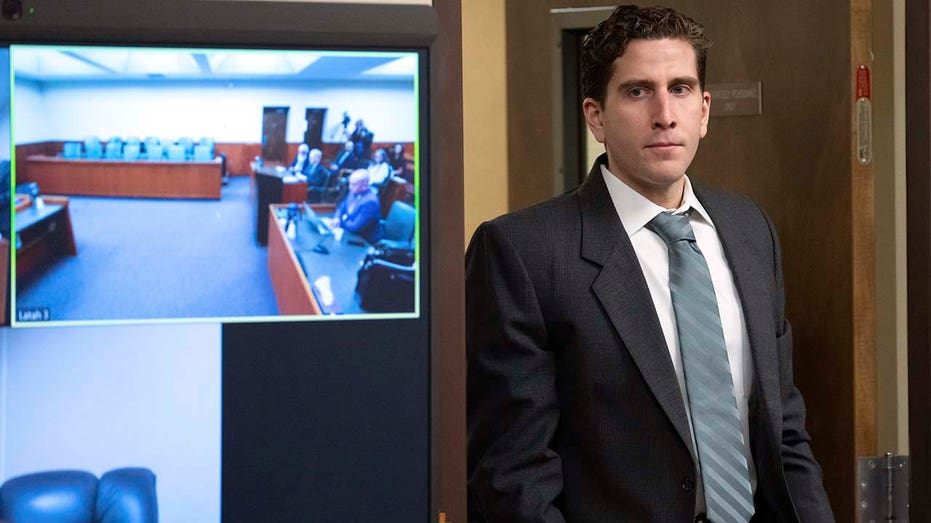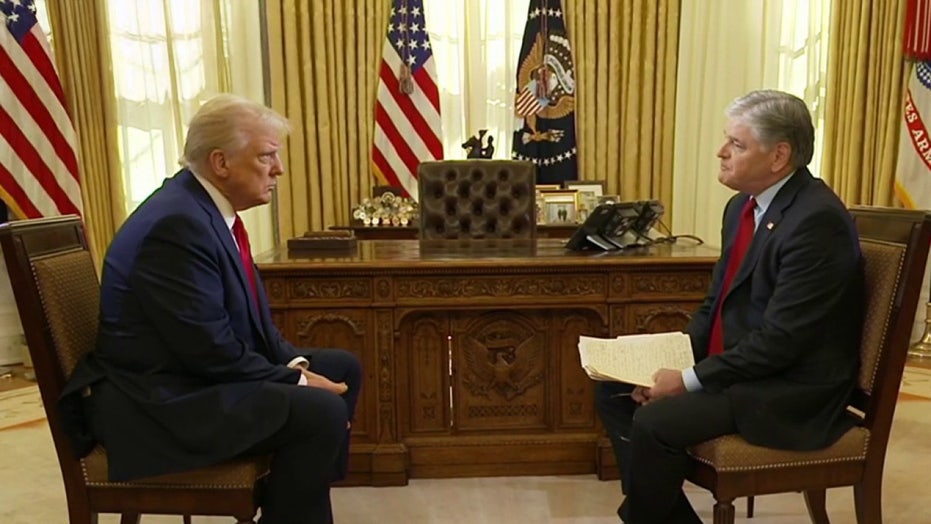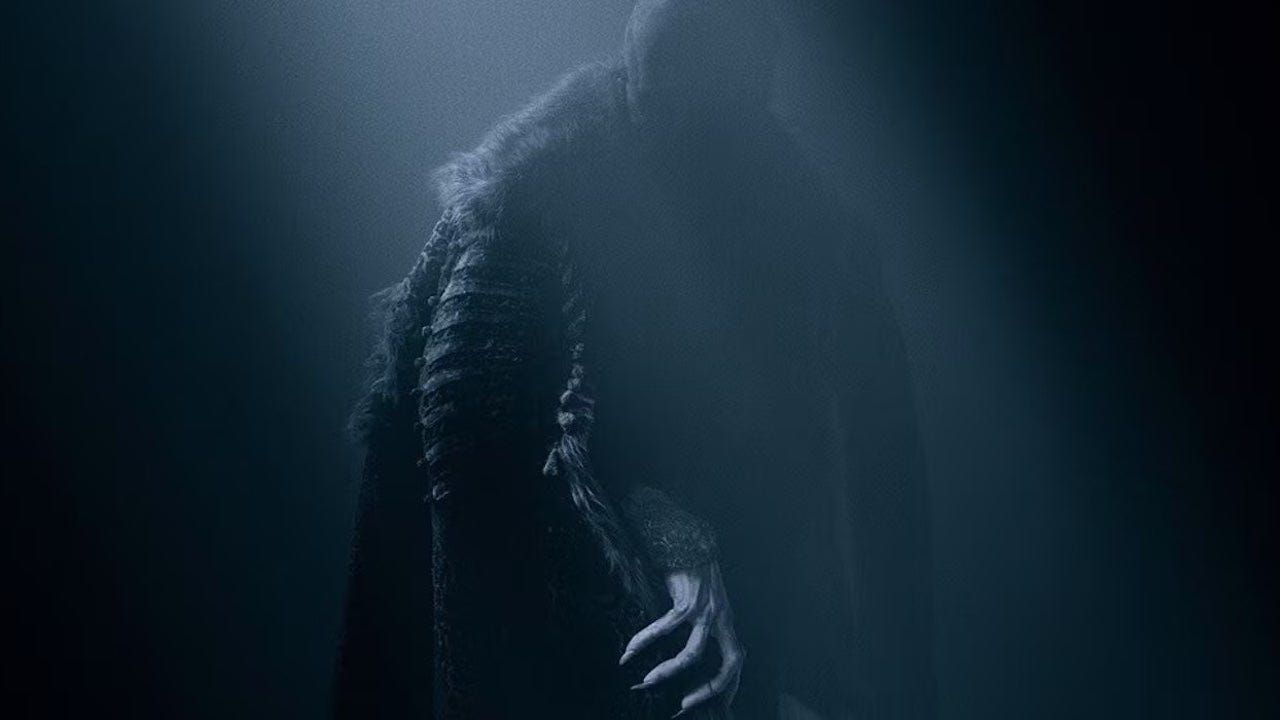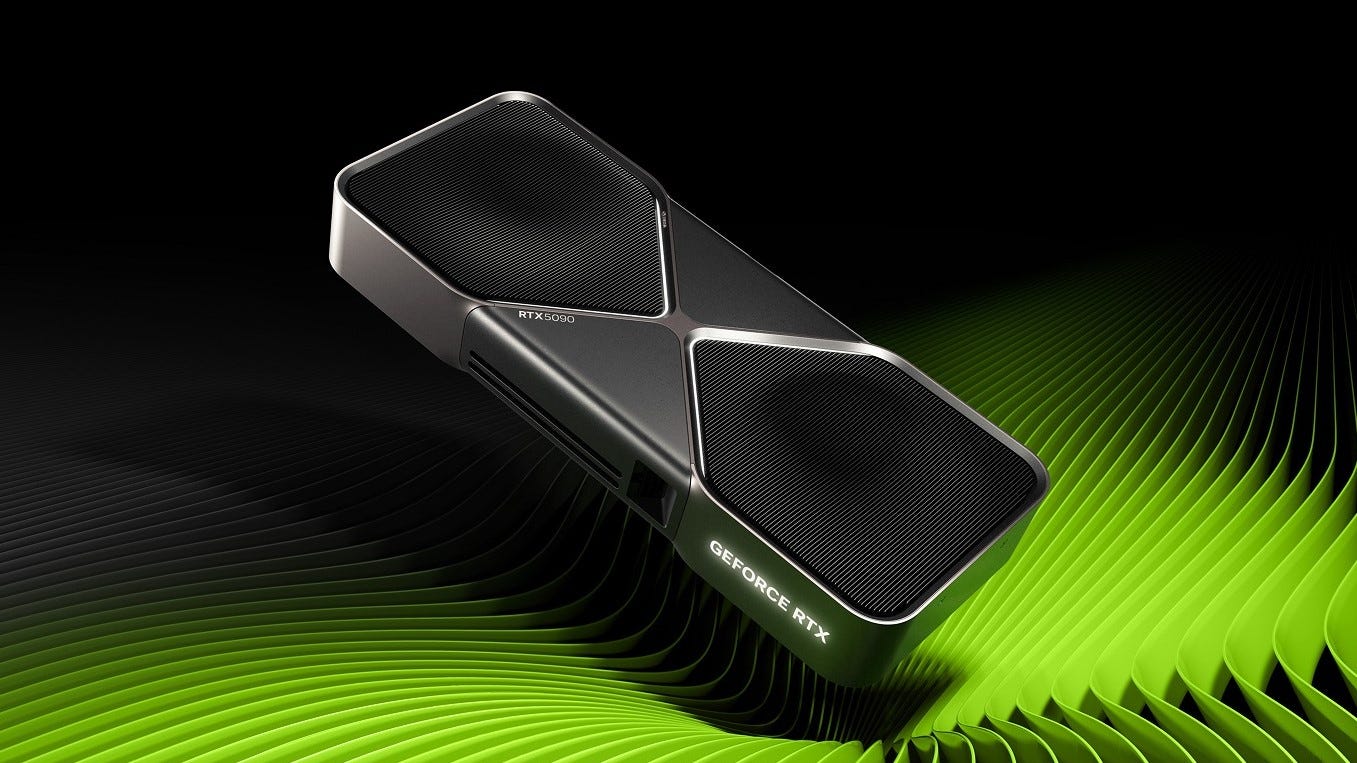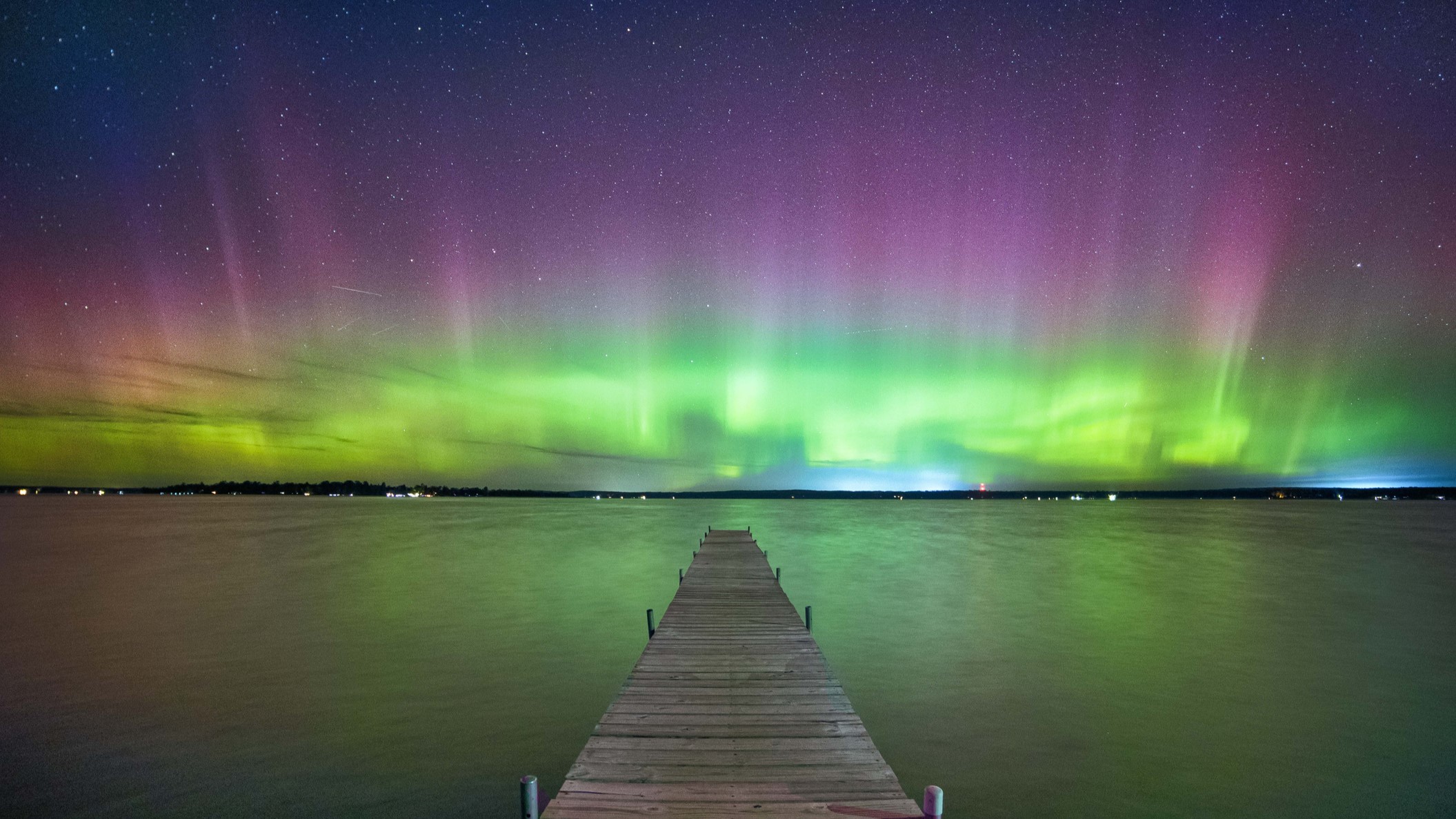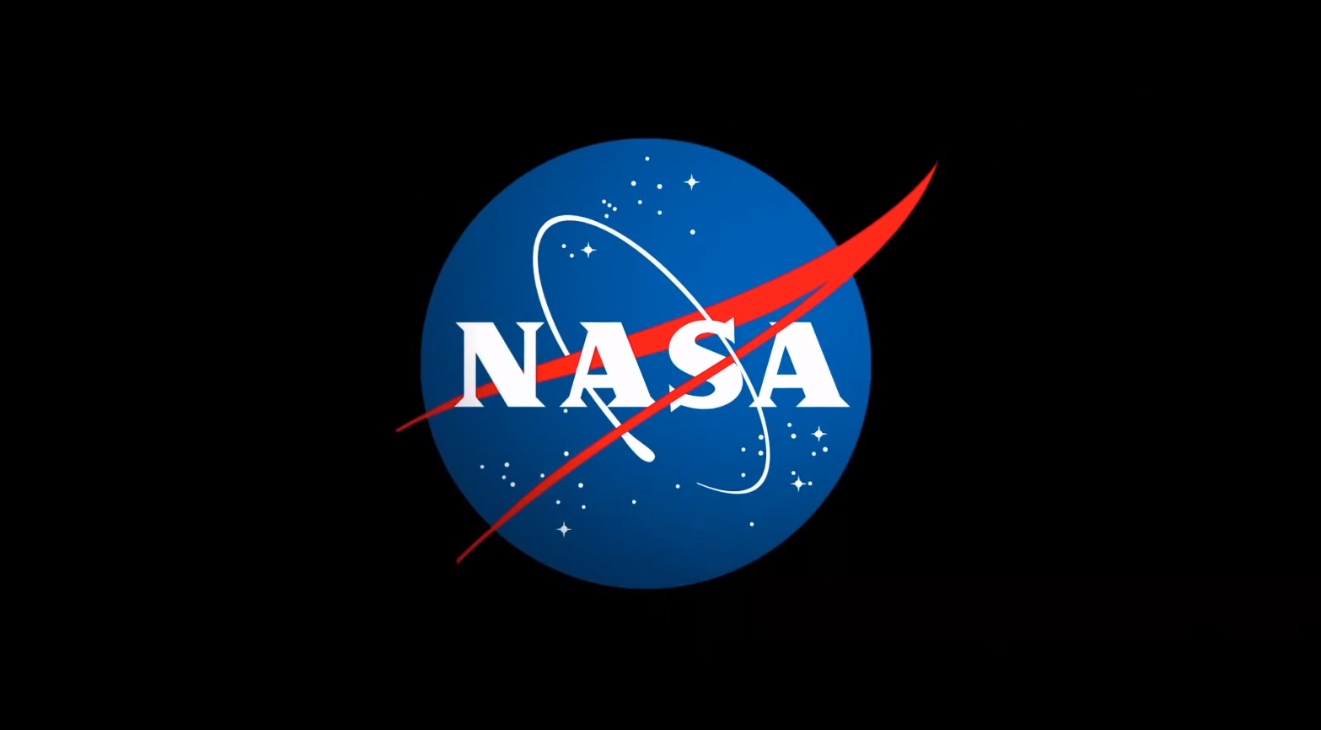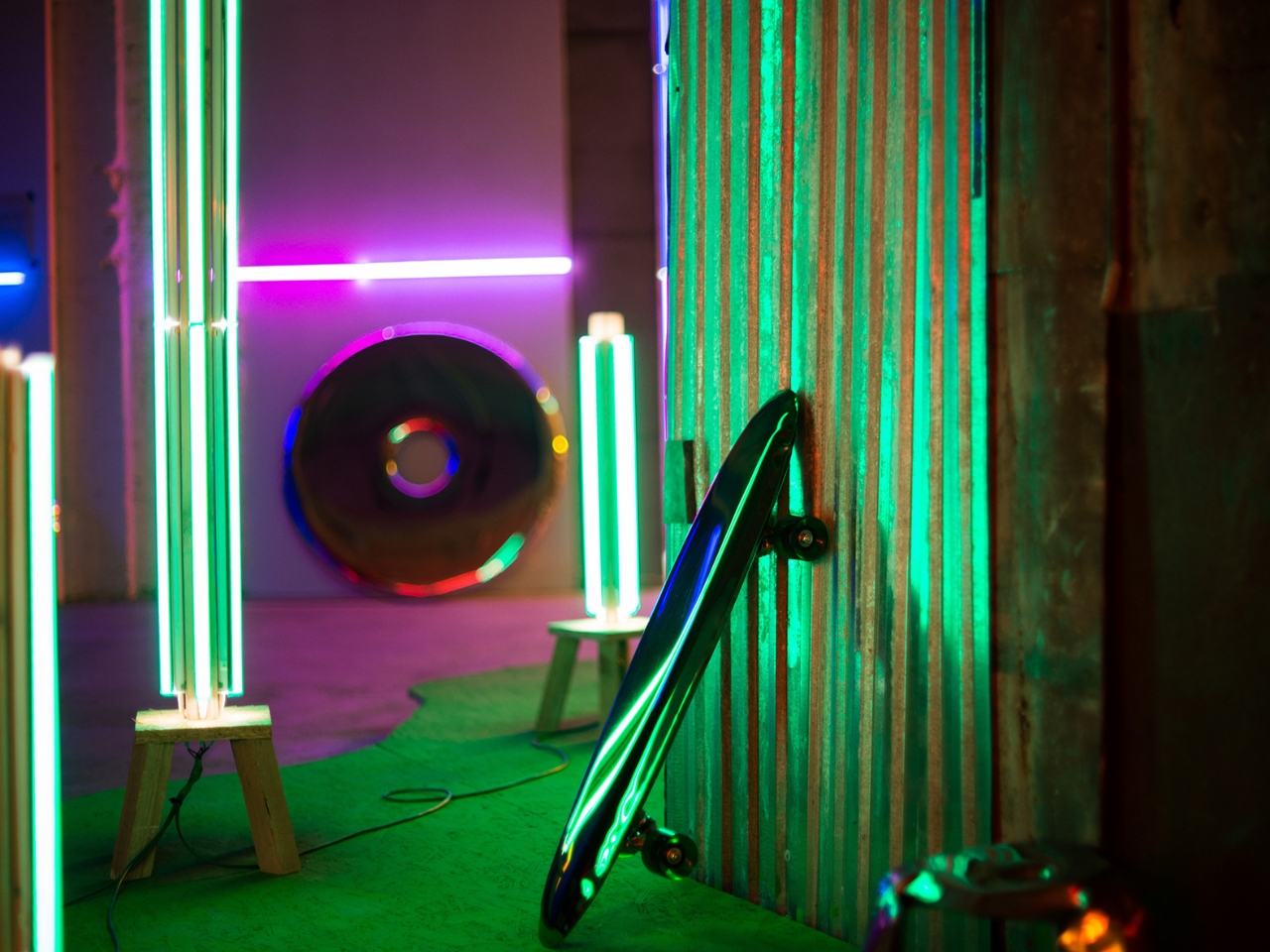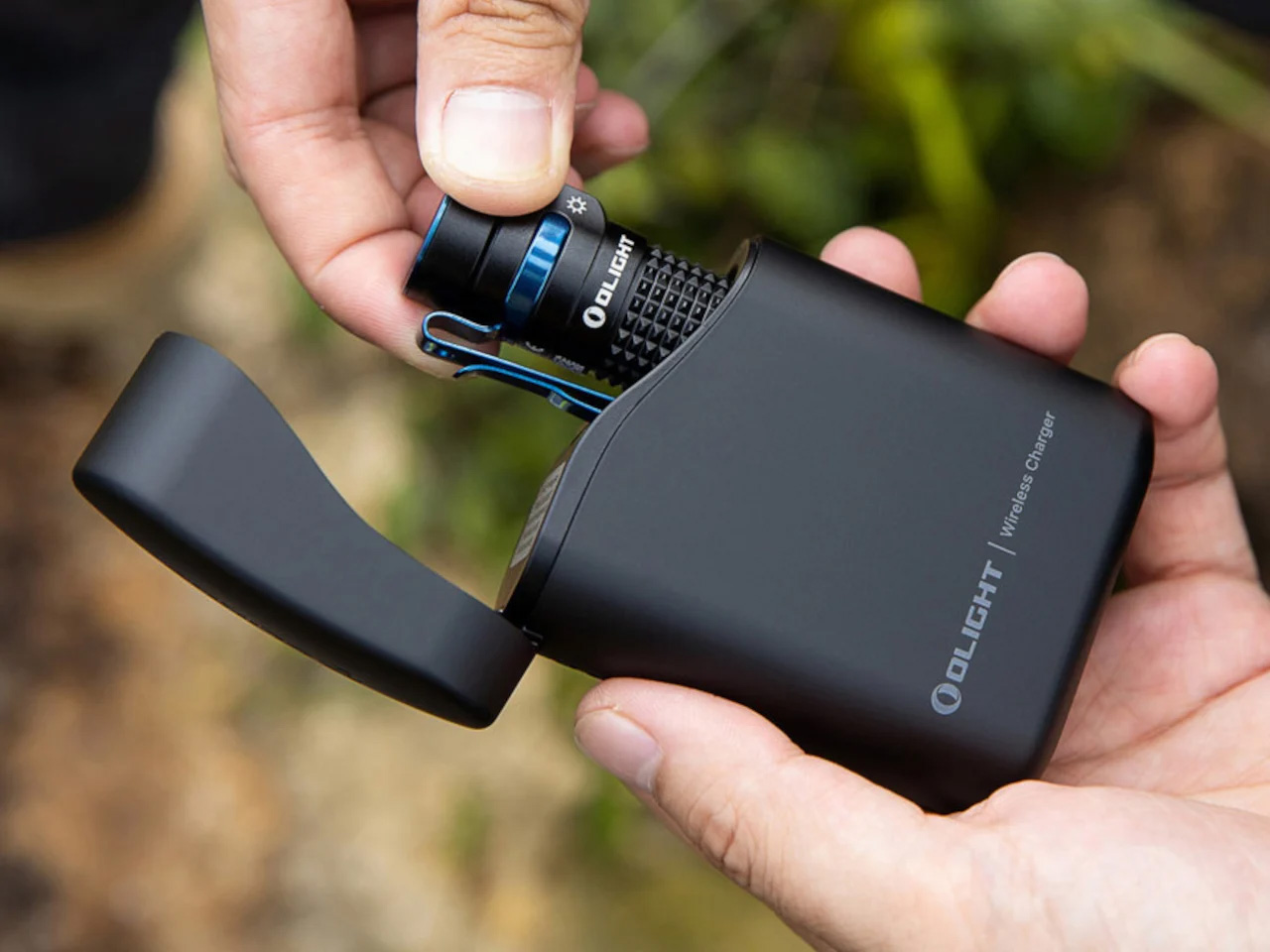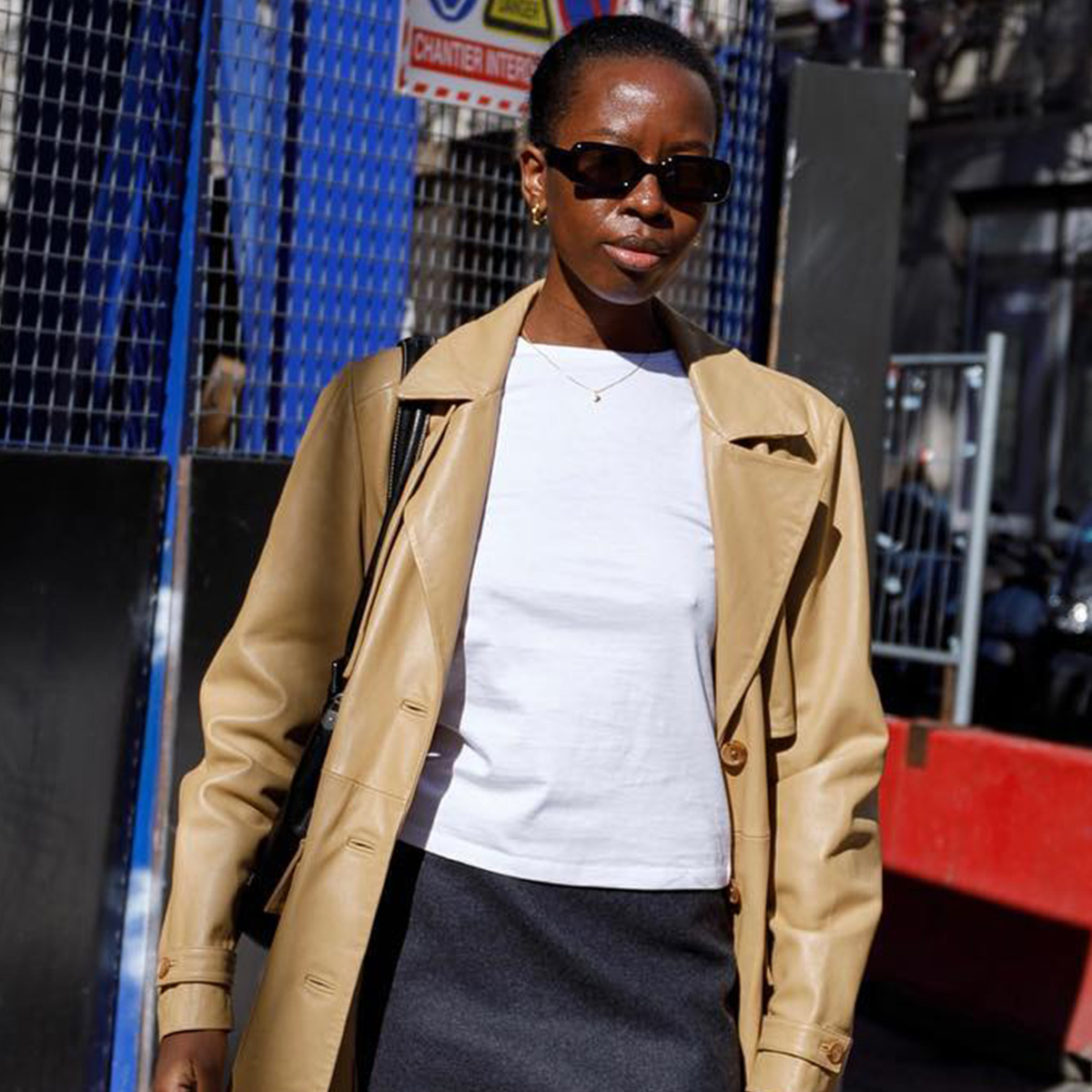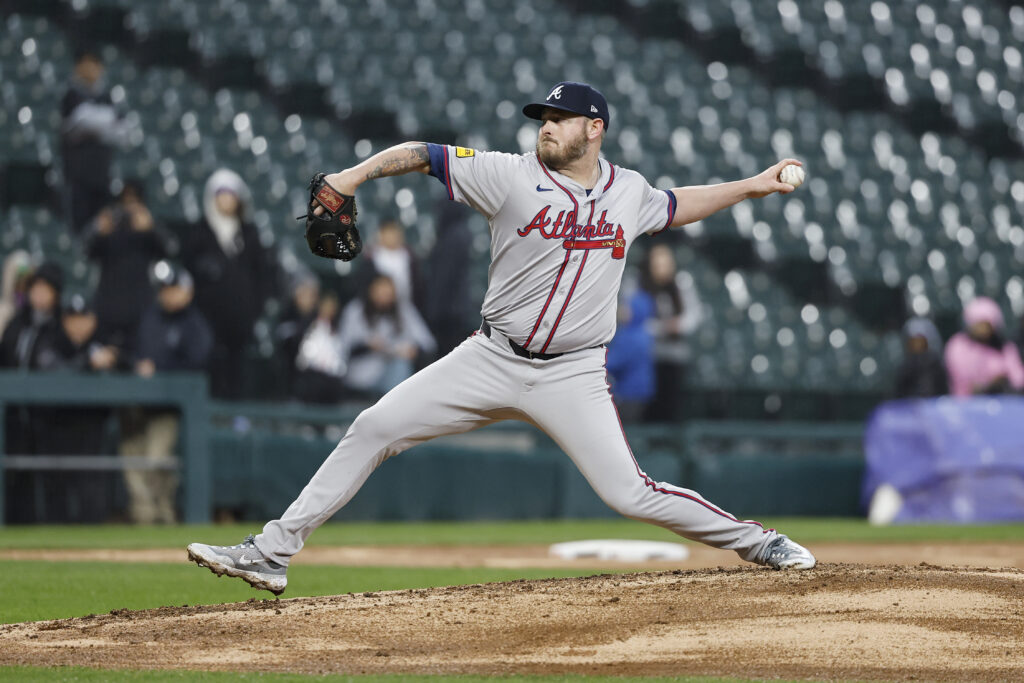Integral Records: Seventeen LP
Established in 2007, Integral Records now hit their unique milestone of 17 years. The catalogue is a breadth of work that traces the timeline of proper underground, soulful drum & bass development from early days to now. Pouring over the discography, there’s countless, genuinely classic tracks: Zero T and Steo’s ‘Refusal’ at release 002 was […]
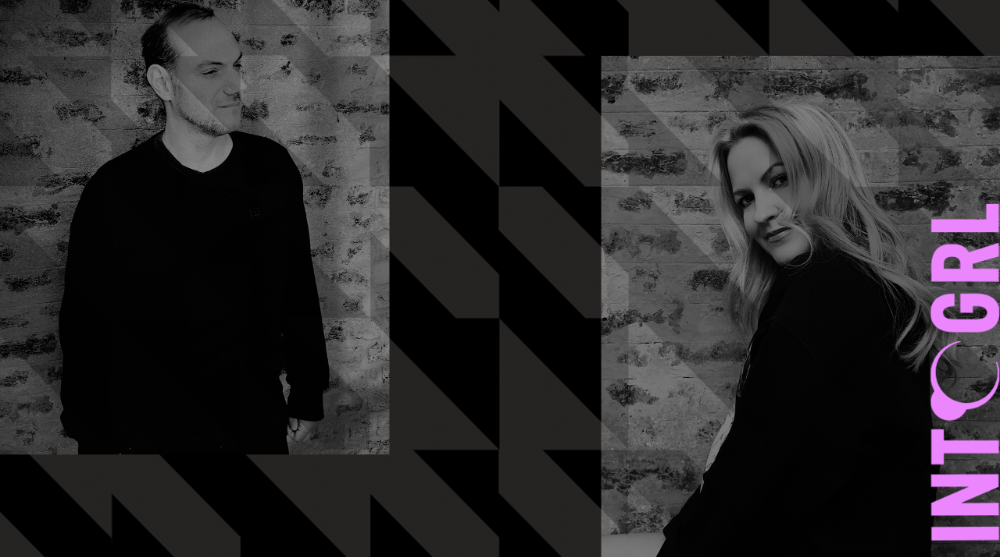
Established in 2007, Integral Records now hit their unique milestone of 17 years. The catalogue is a breadth of work that traces the timeline of proper underground, soulful drum & bass development from early days to now.
Pouring over the discography, there’s countless, genuinely classic tracks: Zero T and Steo’s ‘Refusal’ at release 002 was crucial for both the label and the genre. Technicolour, Komatic, and LSB’s break-out track ‘Rotary Motion’ was a perfect storm of three young collaborators who would go on to dominate in liquid. Of course label founders Artificial Intelligence (A.I.) peppered the release schedule with their proverbial magic, too.
That word ‘magic’ gets mentioned early and often in discussions with label co-managers Emma Green (Emma G) and Glenn Herweijer (half of A.I.) – otherwise known as liquid drum & bass’ power couple. They see it as the crux binding the variety of sounds together, as well as the benchmark to filter through what gets signed, versus passed-up. The Integral magic is intangible and not simple to define – but when you listen long enough, you start to pick up on it.
And it’s taken them a long way so far. Celebrating 17 years of Integral with a VA compilation, the variety of talent and sounds they present is a perfect encapsulation of their time in the scene. From breaking brand new names like AudioDevice, through to keeping roster stalwarts like Phil Tangent and Satl, Emma’s and Glenn’s careful selection has always been about protecting the genre and pushing it forward.
It was supposed to be a more conventional 15 year celebration, but the magic doesn’t adhere to a regular release schedule either. The North London couple are patient and persistent with their signings, and they’re happy to wait for several revisions of a track before slapping the crescent logo on it. GLXY have four different versions of their ‘Drowning’ remix which all could’ve made the cut. Zero T’s remix of Lenzman & Redeyes’ Integral classic ‘High & Low’ started as an original track sampling De La Soul’s ‘Stakes Is High’, before it made sense to turn it into an official remix for the VA.
UKF sat down with Emma and Glenn to get an insight on the label’s history, the big new release, and of course, try to further break down the definition of the magic that pricks up their keen ears.
What was happening when Integral was born?
Glenn: Around the mid-2000s, we [Artificial Intelligence] were recording on a bunch of labels, making our name. We always had lots of people around us, especially in North London – Alix Perez was living here, Zero T was too. Lenzman was sending loads of demos before he’d properly broken through, Steve Survival was a close friend. We all used to meet up a lot, go to the pub or to Swerve nights.
Around this time, Zula and I were thinking that we should try to get a label off the ground to showcase all of these cool friends, who’s tracks we were playing in our sets. The label wasn’t really built for us, it was built for the talent around us, who’s music we felt needed to be out there.
Steve Survival’s ‘The Jam’ was the first track we signed. I remember, we were on a tour, I think in Tokyo at the time, when we decided to push the button on it. Which was really exciting. That was 17 years ago now, and it kind of just evolved from there.
Emma: And Glenn and I met in 2009. A.I. were on tour in New Zealand, and I was supporting their show. The promoters asked if we wanted to hang out and help chaperone the guys. Me and my friend Jess were quite involved in the scene, we used to have a radio show on George FM, and we also ran a night at Fu Bar called Liquid Recreation – I guess we were the duo repping the soulful side of the genre, supporting all the deeper acts that would come through Auckland like Marcus Intalex, Doc Scott, and then of course A.I.
Glenn and Zula were in town for about a week, so we got to know them really well. And we were actually DJing another show earlier in the week that Zula and Glenn came along to…
Glenn: … And I just thought they were way better than us at DJing, and super passionate. At that time we were travelling around a lot, so we got to hear all the different resident DJs in different cities.
Emma: Jess and I then sort of thought, we know a lot of people in the UK, let’s bite the bullet and move to London. I was working in fashion as well, so for me following my path in that industry, plus music, felt like the perfect move. And of course we kept in touch with Glenn and Zula, and started hanging out again as soon as we came over – then Glenn and I got together.
So how did you get involved with the label, Emma?
At that stage as well, Glenn and Zula were kind of thinking they didn’t have enough time to dedicate to running the label, amongst touring and DJing and producing. They needed someone to drive it forward. So they asked me to get involved and I took over the relationship with SRD who run our distribution, set up our independent webshop, and started getting into the whole visual design and creative direction side of the brand – I built the geometric pattern ident you see running through the artwork and album campaign, which has continued to evolve and features also in the new Seventeen merch we’ve just launched.
Naturally I was also keen to get involved in the A&R side. There’d been a bit of a break on releases, and when I came on board the first release I worked on was number 26 – Phil Tangent’s first Integral EP, ‘Bedouin’. I’d always been a massive fan of Phil’s, as had Glenn and Zula, and he sent me some amazing demos. We thought Bedouin was so strong as an instrumental. But as I adore Steo, I thought I’d hit him up and see if he would be keen to add some extra magic, so that was my first opportunity to A&R. We had such an amazing group of artists around us already, but I was looking for new recruits, and so were Glenn and Zula – who picked up guys like Djah and Edlan.
A real team effort. And the label is going strong…
Emma: Yeah, and there’s a lot of hype and excitement around the label currently. We’ve got so much incredible music we’re sitting on, loads of nearly-finished EPs. But like us, our producers don’t want to put stuff out that they’re not 100% happy with. That’s partly why the compilation took so long to come out. And over the years, what’s been really cool to watch from my side is Glenn nurturing some of those new guys coming through, taking the time to mentor them – Satl being one of them, as well as many others.
Our aim is to get the very best out of our producers – tunes to the level that we want to play in our sets, and then release. We want to help artists develop. And that’s just something that’s really nice that Glenn has always given to the label – because I don’t think many people have the time or energy to do that…
… or the wisdom and experience. Can you walk me through A&R a little more? As in, what sort of sound are you looking for?
Glenn: Well I guess we never want to be pigeon-holed. I know we’re known for the more soulful side, but I don’t think we want to be confined to that bracket. It’s just stuff we’re feeling, and it literally could be anything. That’s why some of the releases sound quite different to others. It’s always stuff that we connected with, and stuff that sounds good when we test it out. A big thing for A.I. sets – what we’re known for – is that there will be loads of new music, and most of that is stuff we’re testing for the label.
Emma: Yeah I definitely think we’re quite committed to not being pigeon-holed, we don’t want to just be a liquid label because if you listen through, the catalogue has always been diverse. Like the Thread signing for example – I was so excited about that because it was some proper banging hard stuff with serious cutting-edge. We absolutely do love the full spectrum.
Glenn: Thread is a big talent. We were DJing in Bristol not long ago when we met him, and he just seemed like a really nice guy. Really humble. He wanted to send me some tunes, which I’m always open to. So the next day I put his demo on, and I wasn’t expecting it but when I pressed play it was like “oh that’s pretty decent” and then “oh, jesus!”.
So I had to hit him up straight away, and asked for all of the tracks. Loved his production, really tight and mature already. I just thought he had it all. So that was a big moment for him breaking through, and now obviously everyone’s playing his tracks. Halogenix has been a supporter, and Workforce signed one of his tracks. That makes me really happy to bring someone up to that level of recognition, because he deserves it.
That’s what happened with Alix [Perez] and Lenzman back in the day. Alix was passing me CDs when we were out at Movement or Swerve, and Lenzman also when we were over in Holland. And when Lenzman gave us ‘Ever So Slightly’ that became one of the main tracks that broke him, which is also a classic for us in the catalogue. That’s always been something we try to tie into the journey of the label.
Is there any specific things you’re scouting for or adding that aims to make the Integral sound unique?
Emma: The way that the label has evolved musically has been completely organic. And really it just comes from those very humble beginnings of Glenn and Zula just being around those artists and friends in London who were all on a similar vibe.
Glenn: Yeah it’s never been that we need a certain frequency of releases per month, it’s always just once everyone is happy, and the tracks are ready, lets get them out there. Sometimes there could be huge gaps, sometimes we’d do two or three releases at once. I originally got that whole ethos from Marcus Intalex. These are the sorts of conversations we always had with Soul:r, and that’s what’s always been in my mind, even before starting a label. If I’m not feeling anything, f*ck it, it’s gonna wait. I’m not treating it as a business and forcing releases, it has to feel right.
We’ve put our foot on the gas a little more in the last year or so. But we’re sitting on a lot of music again, so we can be more proactive now.
Emma: I think with some of the younger guys, they’re obviously influenced by A.I. And the sound of Dawn Wall and Mohican Sun, I think there definitely is an Integral sound, but it’s hard to describe as it’s diverse. A lot of our producers who are working on EPs for us do write specifically for us. Like HLZ for example – he works for a bunch of different labels, but the tunes we’ve signed of his he made specifically to be housed on Integral. Even though our sound is diverse, there’s definitely a frequency our artists and aspiring artists tap into.
Yes. There definitely is an Integral sound. Tough to describe really though…
Emma: There is, but of course the artists have their own unique sound too – and the amalgamation of all of the music across our catalogue somehow just works. Going back again to some of the earlier releases, there is so much diversity there. That System release still sounds off the charts, number 16, ‘Sy-Fi / Springy’, I think you had a story about that one Glenn…
Glenn: Yeah, Mark [System] came around to mine in Archway. At the time he was one of those elusive guys to track down. He was a nightmare, ha! He writes so much music, but he finds it hard to release them. Anyway, he came around with about 80 tracks, plugged-in and played through loads of little clips. I would’ve taken all of them, but I narrowed it down to four, and then I had to get back on his case to finish them all up.
It was really long, but I ended up getting those two tracks. It was at a time where it was really hard to get anything from anyone, but I liked it. It made it more exciting. It wasn’t just people sending you tracks, it was a lot harder work, and it felt so good when you finally got those tracks. Back then you had to go around to people’s houses or studios, or you wouldn’t get anything.
Do you have any personal favourites from the Seventeen release?
Emma: They all have a special place for me, but every set I play, ‘Demons In The Dark’ goes off – and that’s by a new artist called AudioDevice. He’s a DJ from Vienna who’s just turned his hand to production. I’m really excited about what’s to come next for him and how he evolves as an artist.
A.I.’s ‘Twisted Love’ is another personal favourite. It’s not that I’m at all biassed! It’s just I’m sure you’ll agree, A.I. music is just so timeless and prolific. I was just listening back to all of ‘The Series’ – such a beautiful body of work. But yeah that Twisted Love track, we’ve been sitting on that for several years now and I’ve played it in so many sets now, so it’s great to finally have it out in the world.
Every track on the album has been selected and tracklisted so carefully. And that’s also why the album kept being delayed. Which was a bit frustrating, but again it’s a case of good things really do take time. We wanted full representation, and everyone to be happy with their contribution – not just a bunch of extra tracks that didn’t make it onto artist EPs. The strategy was really that each track could stand as a single in its own right.
Yeah it’s loaded top to bottom, with new and veteran names, and a variety of styles.
Glenn: I love what GLXY have done too on their remix of ‘Drowning’. They did about four different versions of that before we landed on that one.
Emma: That was version 5.9 I think!
Glenn: Yeah, the one before this I particularly liked. A darker, more rolling style. Sort of in that 1985 style. Unbelievable. But yeah we ended up going with this one, that they loved the most and fit best in the compilation.
What do you think of drum & bass right now?
Glenn: I think popularity-wise, I think it’s been bubbling away for a while now. The commercial side is bigger than ever at the moment. But at the same time, it always has brought in new fans, new generations. I think that’s important for all sides. Especially what we do, the more soulful stuff – people start digging a bit deeper, and they tap into where we are.
There’s a lot of good music out there, a lot of new artists, and a lot of artists from our generation too – they’re still making loads or they’re inspired again, we’re all talking. It’s exciting times.
And how about club nights and DJing?
Emma: Nights are harder for various reasons. The landscape has obviously changed a lot. The way that nights are put on now, a lot of it is now down to the numbers – likes on social media etc. Promoters do take less risks on line-ups these days and I think as festival culture has really taken over, naturally it’s become a little saturated out there.
But it is nice to see that there is still plenty of love, passion, and dedication to our scene. We go down to Phonox regularly to see Lenzman’s nights. And I’ve just played Fabric, which was amazing to go out and not have to conform to playing harder. People are still making the effort for nights that we feel represent the sound we’re into. I’m definitely feeling the love in the general community – from doing my Kool show and my DMs. No matter what’s playing on commercial radio, there’ll always be a place for our style of music, and there is plenty of fresh talent bubbling as Glenn mentioned, which is great.
We just went to Fabio’s 60th recently, and all the old heads there were still buzzing. Half of the Seventeen album went down at the party which was great to hear, and everyone was still just super passionate about the music as always.
Man, the genre has some years behind it!
Glenn: Yeah you’ve got three generations there – all turning like 50 or 60, then you’ve got us in the middle, and then there’s the younger talent where there are so many names now. So much amazing music. So in that sense, we’re all inspired amongst each other and we’re all supportive of each other. I quite like being placed in the middle. Looking up to the father figures who got us into it originally…
Emma: … and now you’re a father figure for the new guys coming through. The demos have gone through the roof lately. And the level of production we’re being sent is just getting better and better.
Glenn: Yeah definitely. But they need to have the magic. It’s one thing having the high end production, but you need to be able to utilise it in the ways to create that magic. And that’s when you get the really special stuff. Which I guess has always been the way, but we recognise it more than ever now with such a high volume of demos.
Emma: Yeah – if anything our quality control has gotten much higher out of necessity. I’ve heard music from lots of up and comers, who we feel are not quite ready for us as we remain about quality over quantity release wise. But it’s encouraging, and we’re as encouraging to them as we can be.
I’ve always thought that’s what makes our catalogue special, because every release has to reach that level between us all, we all have to really feel it and believe in it, and want to play it in our sets. If we don’t, then there’s no point. No matter how nice the person is, or how great their production is, if that magic isn’t there then it doesn’t make the cut. We’re known to be really picky, but I think that’s a good thing.
Definitely a good thing. And I agree the scene is in a great place with you guys, TNQ, 1985, Gemini Gemini…
Emma: We’ve all been devoted to it since we were youngins. And I feel like I’ll be rocking out to drum & bass as a granny, you know? Ha! Did I just say that?
It’s one of those things where you’re just so connected to the music. Within electronic music, there is just this thing about drum & bass, it’s magnetic and once you get drawn in, you never leave. I actually listen to drum & bass all the time. I never tire of it.
A lot of producers and DJs I speak to say they never listen to it in their free time.
Glenn: That’s me! There’s lots of other music that I’ve grown up listening to and I’m a big fan of. With my general work, drum & bass is probably the last thing I’d press play on, other than A&Ring and just keeping up with the scene you know.
Emma: But when Glenn goes out to a drum & bass night, he’ll come home at like 4am and write an amazing tune in a couple of hours, and then crawl back into bed. That’s when the magic happens for him. He hears some new music from our peers, gets really inspired, and then goes “I’m gonna one-up you!”.
Ok so you’re pretty close to the scene in New Zealand. Are you getting submissions from there? Do you think the scene is healthy?
Emma: NZ has always had strong foundations in D&B and of course we’d love to release Kiwi music. I’m a big Tokyo Prose fan and have been since the guys started out, before Sam took it solo, and Azifm is one of the latest recruits making some very cool waves we’re into.
Glenn: Yeah he’s wicked. I saw him a couple of years ago, during covid, I bumped into him in Dunedin – he came up to me and gave me a few tracks and I thought “this guy is cool, man. This is experimental stuff”. You can hear how he’s honed into his sound now. He’s done really well.
I’d love to find some more Kiwis though. I mean the scene over there has gone a little bit commercial too. But we’ve been touring there every single year for the last 20 years or so. And there’s always been an amazing scene. Every night has been brilliant 99% of the time. Tokyo Prose, as Emma says, is obviously sick too.
Emma: Yeah there are a few people out in NZ doing really cool stuff but the more underground New Zealand scene is a little bit tough right now. After some of the main D&B clubs closed down sadly – Fu Bar in Auckland, Sandwiches in Welly, Bath Street in Dunedin, things started to change. It was probably around the time George FM started playlisting a more commercial sound. But things are always evolving. And Alix Perez is definitely flying the flag for us down there. His nights are amazing and always sell out.
Chicorelli too, he’s definitely championing our kind of music, and he’s doing a great job. His Liquid Lowdown nights that we play at are always a vibe, and he and Tali have a massive entourage down there.
New Zealand has always mainly liked it hard and heavy, but again there’s always been appreciation for the deeper stuff, too – Doc Scott was out in NZ recently, as was Satl who had a great time. A lot of the bigger radio stations and promoters only seem to be pushing the more commercial, usual suspects – and that filters down to creating what’s popular among the next generation of New Zealand ravers which is why festival line-ups need to truly represent – but the world wide web will always be around and humans will always be curious – and that’s what kept me going back in the day before I came to the UK – always on the hunt for the more obscure listen, regularly tuning into Marcus Intalex’s RBMA radio show and of course Fabio and Grooverider on Radio 1.
Before we finish up, let’s touch on the biggest moments through Integral’s history.
Glenn: The first big moment was probably our second release – ‘Refusal’ by Zero T & Steo. At the time I think it was just one of those tracks everyone was playing. From Andy C, to Calibre, to Bukem, to Hype. It was then remixed by Calibre for release number 10, and that was even played on Christmas day, right in the middle of the day on Radio 1 by Colin Murray.
Emma: What about ‘Rotary Motion’?
Glenn: Oh, yeah! Yeah they were both sending me loads of music individually [Technicolour and Komatic] – and then this track came along and I was like….
Emma: … SIGNED!
Glenn: Ha, yes exactly. It was perfect for that moment in a set for that euphoric, big, melodic soulful sound. Just before we released it, LSB came on board and said “let me try and just give this a little bit of magic”. So it ended up being the three of them together, and ended up being the final version.
But that tune took about two years to come together, from Technicolour and Komatic sitting in the studio to LSB giving it that final club edge. And straight off the back of it they sent in ‘Serenity’. And both of those tracks, to me, are timeless. We’re really proud of that release. We repressed it twice, and then fans kept asking for another repress but we wouldn’t do that now. If you look on discogs it’s probably about £100.
Stone cold classic.
Emma: One of my favourite big moments was headlining Fabric Room 1 a few years back. That was a really great honour and an absolutely wicked night that sold out. Oh, and being asked to do a series of Integral shows on Radio 1‘s Wind Down series.
And looking forward now – what’s coming in the future?
Glenn: Without getting too specific – there’s about 7 or 8 EP projects that we need to finalise that are on the way.
Emma: But before that we’ve got a smaller follow up EP coming out called Seventeen to round off the album project – between the LP being specifically locked to 17 tracks and with multiple artist contributions, remix options and a couple of tunes that didn’t quite make it, there are tracks that just need to come out as part of the chapter, so look out for that shortly.
We’ve also just released some new merch, which is exciting, because the last batch was around the ten year mark! But basically we’re just gonna keep doing what we’re doing. As Glenn said, we’ve been sitting on a lot of music with a few core crew members, and there’s some more new artists too that we’re keeping tabs on. I think that’s what we’ve always just been about, finding new talent and keeping our sound alive, kicking, and out there.
What's Your Reaction?









